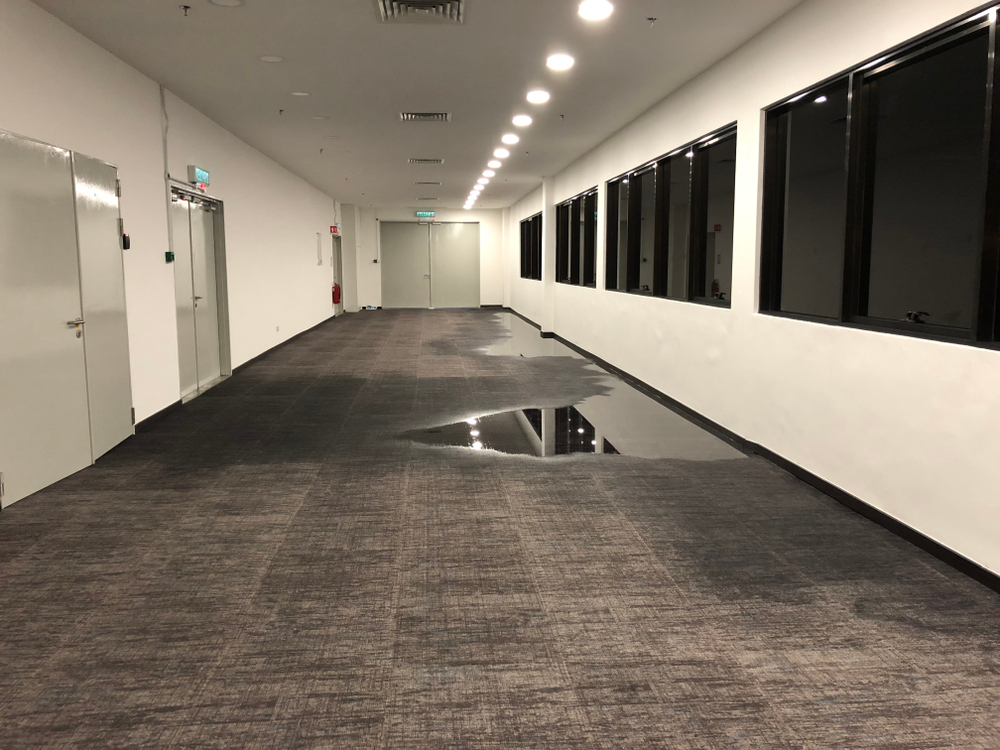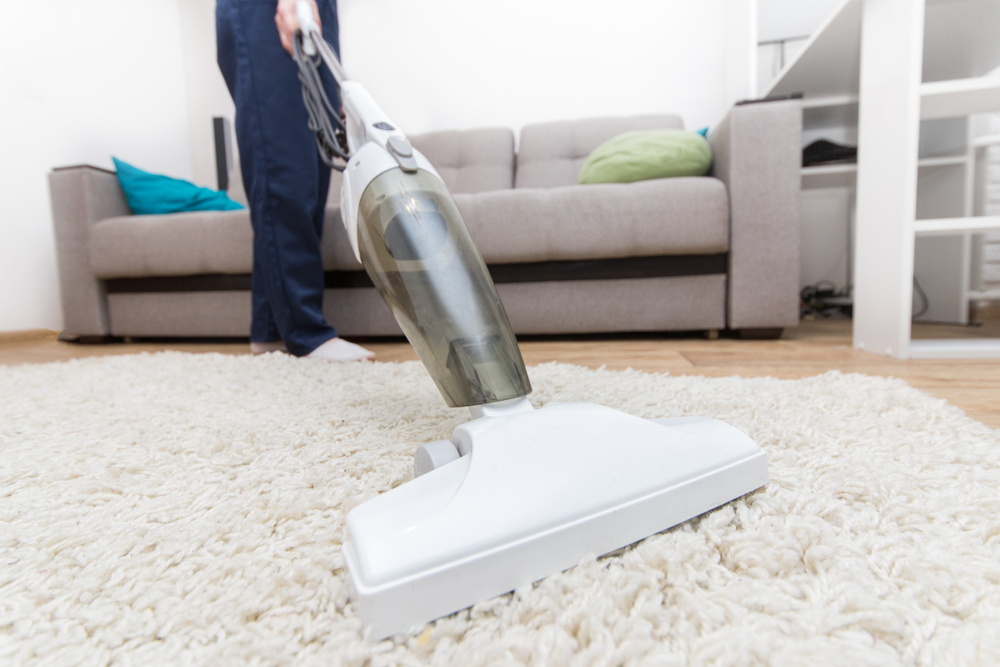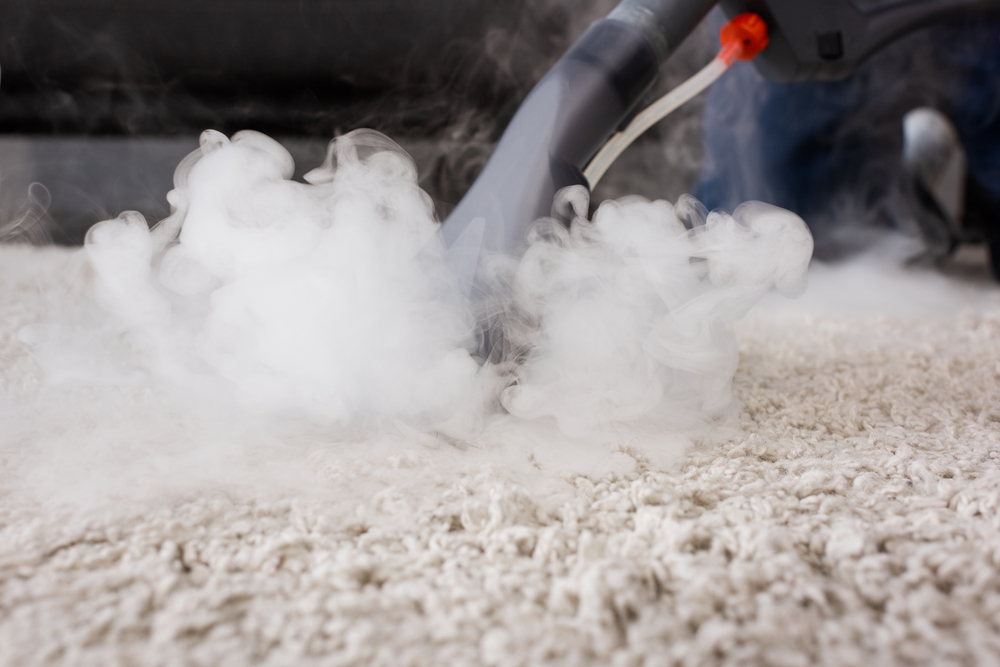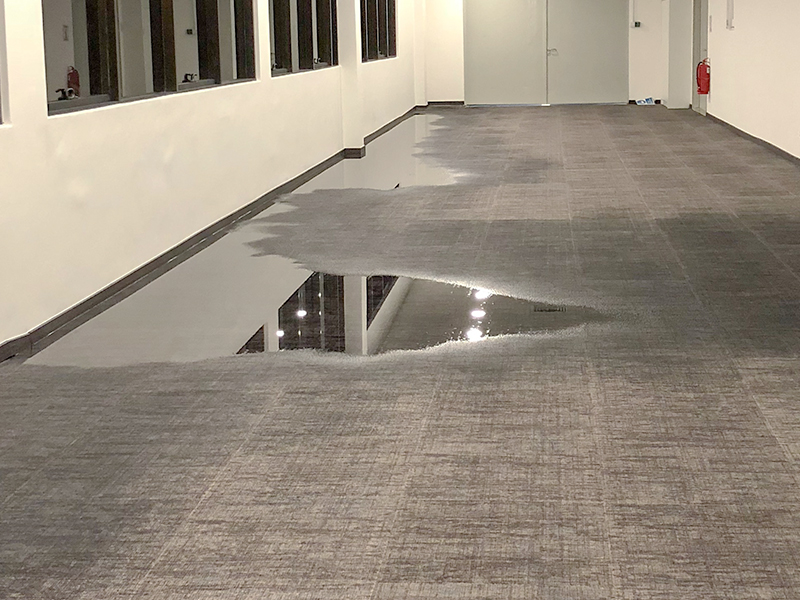Have you returned home to discover leakage in your house? Or has there ever been a period of intense weather, resulting in floodwater pouring into your home? If water has gone inside the carpets, it may be a major headache in either case. The good news is that even if your carpet has become completely saturated, there are still techniques to absorb moisture with a little effort. Although it may be tempting, it is not recommended to overlook wet carpet stains since they will harm the carpets and padding beneath them, leave an ugly stain, and encourage the formation of mold. Mold can contaminate your home’s air supply if left untreated, raising the risk of sickness.
Factors to Think about Before Drying Wet Carpets

While it’s important to dry your carpet as soon as possible after a leak or water damage, you’ll be wasting your time if you don’t take better care of just a few things first.
- Act quickly: Even if it’s just a small amount of water, don’t let it sit on the carpet. Mold grows quickly, and water can soon infiltrate through the pad and flooring, causing damage.
- Be careful: When utilizing dehumidifiers, fans, and additional electric equipment to dry, exercise caution. Keep such devices dry and away from standing water, and ensure sure the wires aren’t dangling over wet surfaces.
- Address the Leak: Before you can dry your carpet, you must first locate and resolve the cause of the leak. Whether the leak is due to a burst pipe, a leaky roof, or another issue, you must address it before starting the evaporation process to prevent further harm to the carpet.
- Clear the Area: It’s impossible to dry a moist carpet adequately if it’s strewn with furniture and other belongings. Everything else on the carpet should be moved to a dry, cleaned area.
- Minimize Movement on Wet Carpet: Moving on a moist carpet could wear it out owing to its delicate state, in addition to bringing in the dirt. To avoid damaging your hard work, make sure that any object that would require you to return to the area is brought out before you start drying your carpet.
Dry a Little Damp Carpet
Perhaps a huge glass of water slipped or a window was left open during a light rain. Even though this quantity of moisture appears to be insignificant, you must dry the carpet fast.
Fortunately, the procedure is straightforward. To aid in the evaporation of moisture, use a fan directed at the moist surface.
Another alternative is to acquire some rags and spread them over your moist spot. Place some bulky items over them, such as books, to absorb quite enough water as possible. To avoid damage, make sure the heavy object is protected with something waterproof.
Another option is a hairdryer. Allowing the nozzle to come closer to the carpet could lead the pressure from the hairdryer to melt certain carpet strands, so never get the nozzle closer to carpets.
Drying a Soaked Wet Carpet
A pipe burst or flood out of another supply of safe water, as opposed to broken sewage or water tank or a major flood, is a pain. Even so, you should act quickly and thoroughly to avoid mold and mildew, and lasting odors.

Restoration service providers recommend utilizing professional-grade water extraction equipment to eliminate water from the carpet. If you decide to go the DIY way, keep the following in mind:
- Make sure you have the correct filters and accessories for sucking up liquids by reading the vacuum instruction handbook.
- Pull the carpet up and remove the damp padding beneath it once you’ve removed enough water. You’ll have to pull out the damp padding since it won’t dry once wet.
- Replace the saturated pad with a new one.
- Turn on a dehumidifier. Open windows if feasible to hasten the drying process.
Dry Out Your Carpet after Flood or Major Leak:
- Soak up all of the moisture from the carpet
To aid absorption, drape large, wide towels over the soaked parts and walk over them. Allow the towels to soak for about 40 minutes and then replace them after they are completely saturated.
Using a wet vacuum is another alternative. They are reasonably priced and can be hired. Consider enlisting the help of professional carpet cleaners if your damp carpet is completely saturated.
- Turn on the air conditioners, and fans, and open the windows.
You need to have airflow circulating the room while the towels absorb the majority of the water. Turn on freestanding or ceiling fans to allow air to circulate in the moist area. If you do have an air conditioner, it should be switched on as well.
Open the windows to allow more air to circulate throughout the space. This will help to get rid of any musty odors that have accumulated due to the moist carpet.
- Invest in or rent a dehumidifier.
Dehumidifiers are ideal for environments that are susceptible to moisture and mildew. A dehumidifier will assist draw moisture from your house and prevent mold growth if you stay in a flood-prone area or have leaks in your home on a regular basis.
- Baking Soda to Remove Moisture
A home solution such as baking soda can be beneficial for smaller spots of moist carpet. Spread baking soda over moist spots after you’ve soaked most of the water with towels and leave for 30 minutes. The leftover baking soda should be vacuumed away, and the carpets should be in good shape.

- Steam Clean Your Carpet
The expert carpet steam process is done at a very high temperature, which kills any toxins in the carpet. Although if you have cleaned carpets after it has been wet, bacteria may remain deep inside the fabric. Steaming would be capable to get to these nasties and get rid of any fungal spores.
- Assess your carpet padding
If your carpet has been drenched with a substantial amount of water, the padding beneath it may have been harmed. Your carpet padding can be assessed by a commercial carpet cleaner to discover if it needs to be replaced. If your carpet padding gets wet, it can promote mildew growth and create an unsanitary environment in your house.
Benefits of cleaning carpets
Carpets generally take a battering from the constant foot traffic that passes over them on a daily basis. Mud, debris, and grime become embedded in the fabrics over time, causing the carpet to appear dull and lifeless. Regular cleaning increases the life of your carpets and provides a healthy environment in your home.

